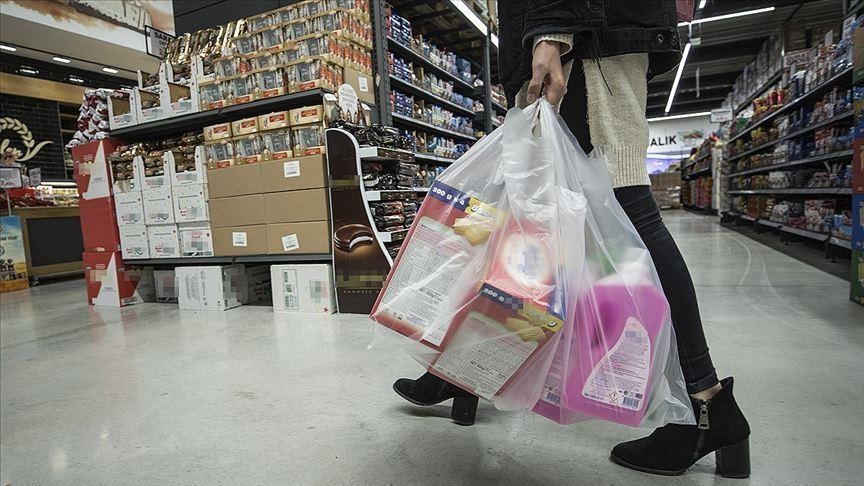

By Anadolu Agency
ISTANBUL
Commodity prices continued to rise last week due to expectations that the Federal Reserve (Fed) would continue to cut rates, showing signs of a soft landing in the central bank’s fight against inflation, and China’s monetary decisions.
The People’s Bank of China significantly eased its monetary policy to boost the Chinese economy, resulting in a rally in precious and base metals. The bank’s measures to stimulate the economy were dragged down by persistent weakness in domestic demand and a decline in the real estate sector.
China’s central bank Governor Pan Gongsheng said in a press conference that the bank will cut its 7-day reverse repo rate – a key short-term policy rate – from 1.7% to 1.5%, while cutting the interest rate on 1-year medium-term loans to financial institutions from 2.30% to 2%.
Pan noted that the government will provide 1 trillion Chinese yuan ($142.6 billion) in long-term liquidity to the large state-owned banks.
The stability in China’s housing industry, coupled with the expectation of a soft landing, led to higher expectations that the increase in base metal and precious metal prices may continue.
Meanwhile, ongoing central bank purchases and geopolitical risks in the Middle East and Ukraine continue to push gold prices upward.
Gold prices reached the highest level at $2,685.61 per Troy ounce, completing last week at a 1.4% increase, while the ounce price of silver tested its highest level since January 2013 at $32,714, up 1.5%.
At the same time, the ounce price of palladium lost 5%, while platinum rose 2.5%.
The US manufacturing Purchasing Managers’ Index (PMI) fell 0.9 points in September month-on-month to 47, below market expectations, its lowest level in 15 months.
Following this news, copper prices rose 6.3% per pound last week after recession concerns subsided and demand expectations remained strong in the coming period.
Meanwhile, the pound price of aluminum climbed 5.9%, nickel 3.4%, lead 3.5%, and zinc 7.3% last week.
Energy group sees mixed course
The Libyan House of Representatives declared a force majeure last month to halt oil production and exports due to disagreements on the country’s central bank. The UN Support Mission in Libya (UNSMIL) announced that the House and the High Council of State agreed and appointed a president and a deputy president to the central bank.
The barrel price of Brent crude oil fell 2.8% on expectations that the oil production in Libya would return to ordinary levels following the newfound stabilization, while news that Saudi Arabia is preparing for an oil production increase also pushed prices upward.
Meanwhile, the price per British thermal unit (MMBtu) of natural gas traded on the New York Mercantile Exchange rose 20% due to a lower-than-expected increase in natural gas stocks in the US.
Agricultural group on sharp rise
Last week, wheat prices rose 2% per bushel as fields in south and southeast Australia were affected by severe frosts, leading to production concerns.
Continued dry weather in Brazil and the damage caused by Typhoon Yagi in Southeast Asia, especially in Vietnam, led to coffee prices rising 7.3% per pound.
The ton price of cocoa rose 8.1% due to declining production in the Ivory Coast, while Ghana’s increase in subsidies for cocoa producers and reduced demand for the US dollar contributed to the price increase.
Meanwhile, the bushel price of corn climbed 4%, soybeans 5.3%, and rice 3.1% on the Chicago Mercantile Exchange, while sugar rose 2.2% and cotton fell 0.7% on the Intercontinental Exchange last week.
We use cookies on our website to give you a better experience, improve performance, and for analytics. For more information, please see our Cookie Policy By clicking “Accept” you agree to our use of cookies.
Read More